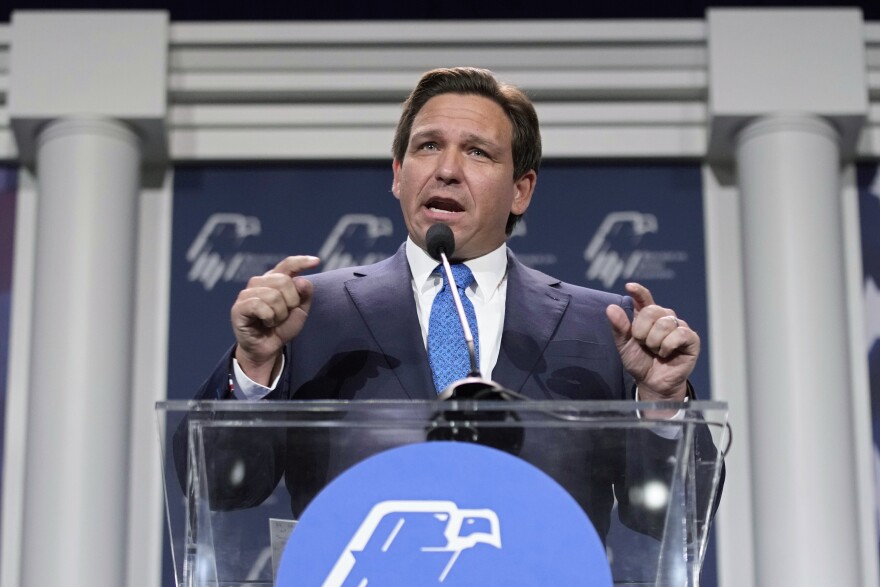Changes are officially coming to Florida’s child labor laws.
Gov. Ron DeSantis signed HB 49 on Friday, which allows businesses to work minors older than 16-years-old more than 30 hours a week if the employer gets parental permission. The measure that got DeSantis’ signature was a steep departure from the original bill, which became one of the most controversial bills of the 2024 legislative session.
The version first filed would have allowed minors 16 and older to work full-time without parent input and removed requirements for work breaks. It also would have allowed children to work past midnight on school nights.
But Senate President Kathleen Passidomo and Senate sponsor Danny Burgess wanted changes. Burgess worked with House Sponsor Rep. Linda Chaney to add the parental consent provision and maintain work break requirements.
Passidomo said shortly after the legislation passed her chamber that she was satisfied with the final product.
“I think it was way too broad when it was originally filed and also it didn’t even take into account some of the trades or whatever. That is what the beauty of the process is, it went back and forth. It amended. The House and Senate talked and I think we’re in a good place,” she said.
Despite the changes, legislative Democrats still largely opposed the legislation. However, some advocacy groups did an about-face after the changes.
The Florida AFL-CIO, which represents 500 labor unions in the state, opposed the bill until the Senate changes. Their lobbyist, Rich Templin, said they support the bill, but will be there for the rulemaking by state executive agencies around making the permission form.
“We intend to be there every step of the way, to help guide the process, to help make any changes to the labor law as good for our kids and our parents as we possibly can,” Templin said.
But not all labor advocacy groups agreed with the changes. Florida Rising lobbyist Jackson Oberlink says while he is glad changes were made after public pressure, the final product is still harmful to Floridians.
“This is still a very bad bill that will leave children vulnerable to exploitation by bad corporations who only have profits in their interests and not the interests of children’s welfare and education,” he said.
The bill was originally drafted by several business advocacy groups. Now that it has DeSantis’ signature, it will take effect on July 1st, 2024.

